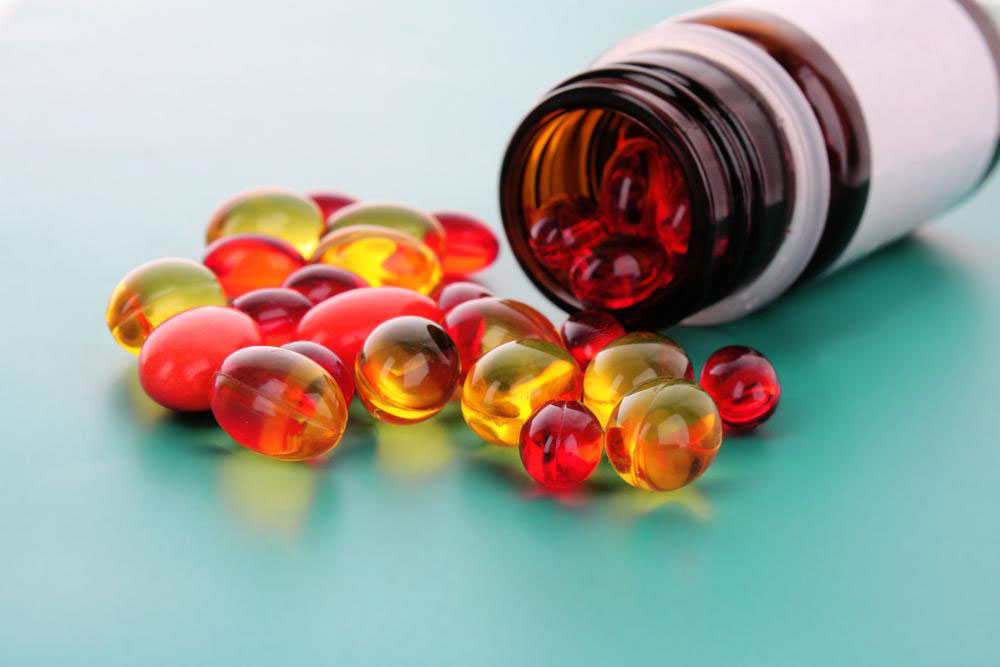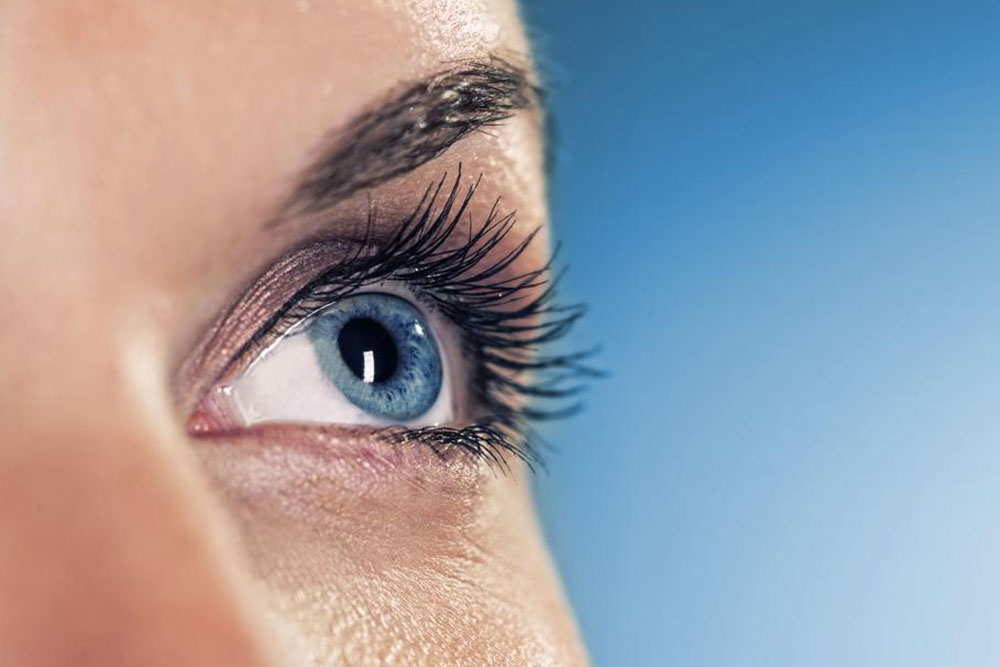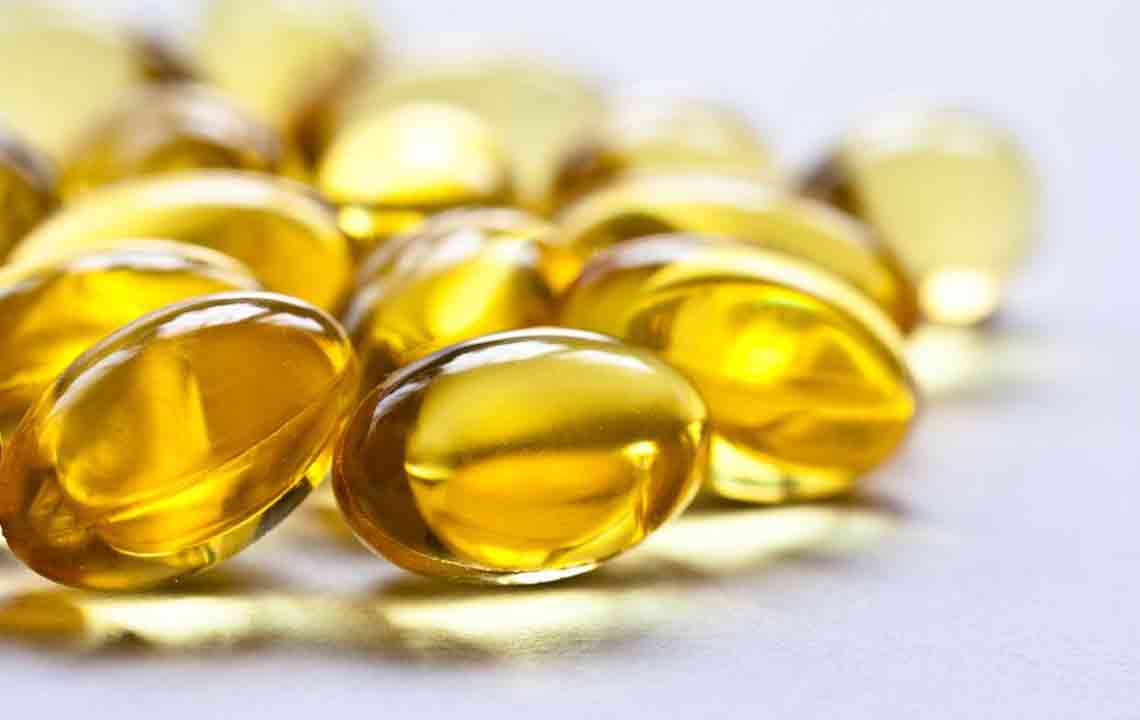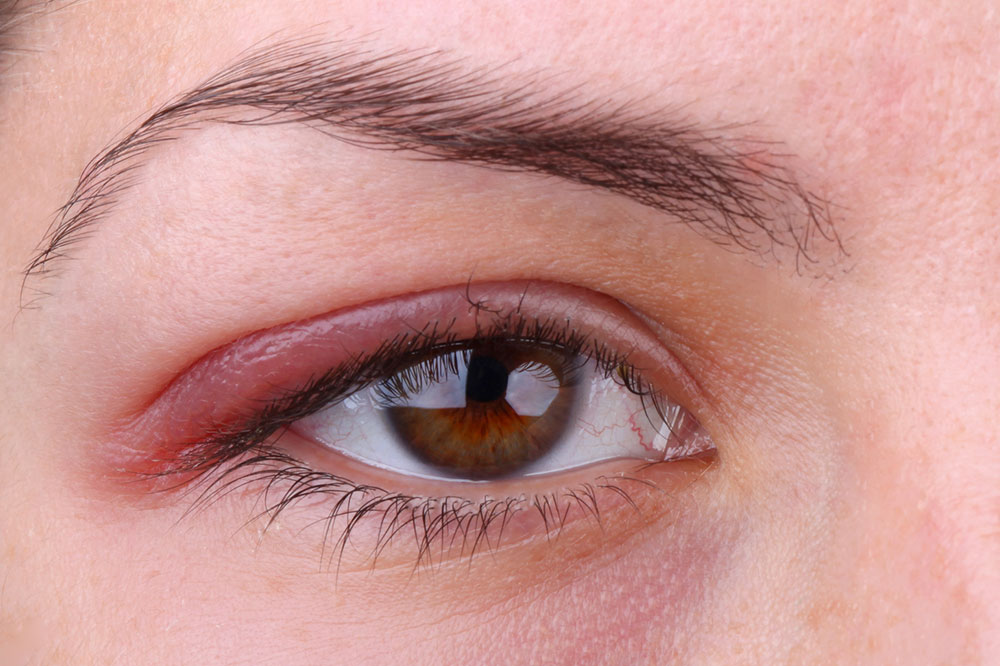Key Nutrients and Vitamins for Healthy Vision Preservation
This article discusses vital vitamins and nutrients essential for maintaining healthy eyesight, especially with aging. It highlights the benefits of vitamins E, A, C, B-complex, omega-3 fatty acids, and other key nutrients, along with their food sources. Proper nutrition plays a crucial role in preventing eye conditions like cataracts, macular degeneration, and glaucoma. Incorporating these nutrients into your diet can significantly support visual health and reduce age-related eye issues. Always consult healthcare providers for personalized advice and supplementation options.

Key Nutrients and Vitamins for Healthy Vision Preservation
As we grow older, particularly after age 50, many notice changes in their eyesight. Conditions like diabetic retinopathy, glaucoma, cataracts, and age-related macular degeneration can threaten eye health. Proper nutrition is essential in preventing and managing these issues. Including specific vitamins and nutrients in your diet can significantly support healthy eyesight. Below are some of the most important vitamins and nutrients that promote robust eye health and protect against age-related vision decline.
Vitamin E
Free radicals can cause oxidative stress damaging eye tissues. As a strong antioxidant, vitamin E helps protect eye cells from this damage. Studies suggest that eating foods rich in vitamin E may lower the risk of age-related cataracts. Good sources include avocados, salmon, leafy greens, seeds, nuts, and vegetable oils.
Vitamin A
A deficiency in vitamin A can result in night blindness and dry eyes, potentially leading to serious conditions like corneal damage and irreversible blindness if untreated. Vitamin A is vital for producing rhodopsin, essential for night vision. Foods such as pumpkins, sweet potatoes, peppers, and dark leafy vegetables are excellent sources.
B Vitamins (B12, B9, B6)
These B vitamins help reduce homocysteine levels, which are associated with inflammation and increased risk of age-related macular degeneration (AMD).
Vitamin C
As a powerful antioxidant, vitamin C helps protect eyes from oxidative damage. It plays a crucial role in collagen production, maintaining the structural integrity of the sclera and cornea. Research indicates that vitamin C intake may lower cataract risk. Rich sources include broccoli, peppers, tropical fruits, and kale.
Niacin (Vitamin B3)
Niacin facilitates energy production from food and acts as an antioxidant. It may help prevent glaucoma, which can damage the optic nerve. Foods high in niacin include beef, fish, mushrooms, peanuts, and legumes. Always consult a healthcare professional before starting supplements.
Omega-3 Fatty Acids
These essential fats support cellular health and have anti-inflammatory effects. Omega-3s can help prevent diabetic retinopathy and reduce dry eye symptoms by boosting tear production. Sources include fatty fish, flaxseeds, walnuts, soy, and healthy oils like olive and canola oil.
Riboflavin (Vitamin B2)
Riboflavin reduces oxidative stress and may lower cataract risk, especially in those with deficiencies. Dairy products, oats, fortified cereals, yogurt, and beef are rich sources.
Additional nutrients like zeaxanthin, lutein, and thiamine are also important but should be taken on medical advice. A balanced diet incorporating these vitamins can enhance eye function and help prevent age-related retinal deterioration.


